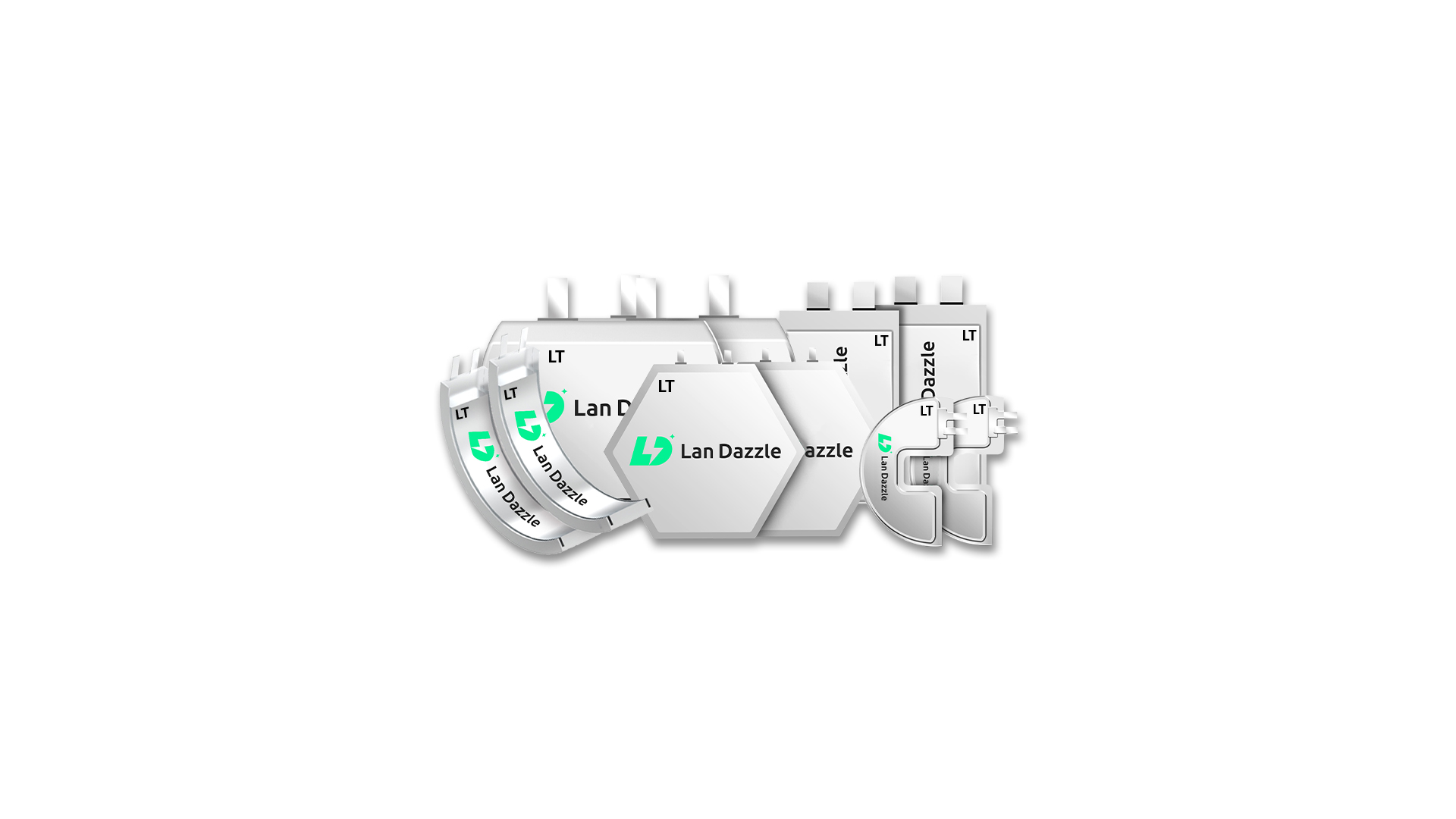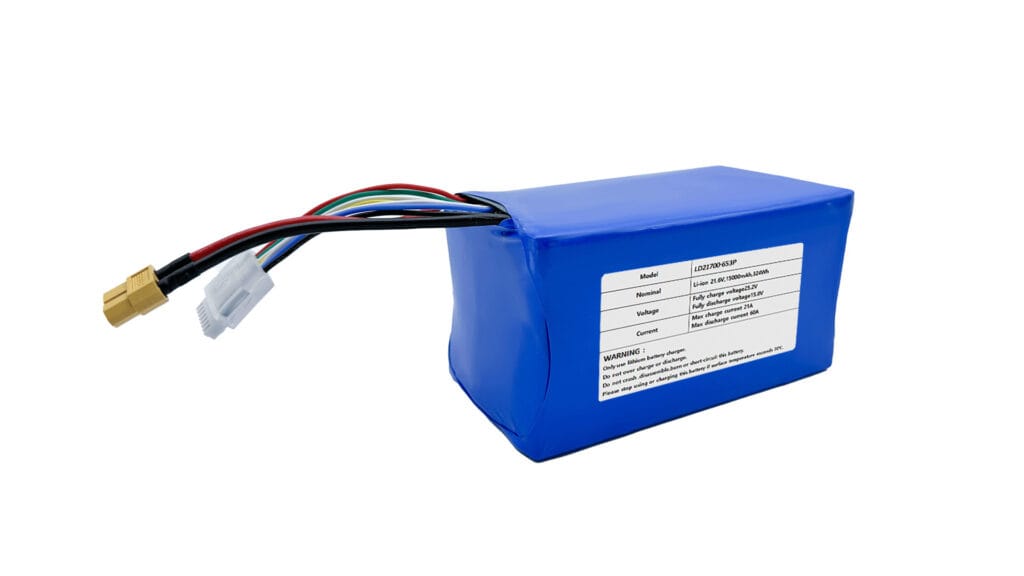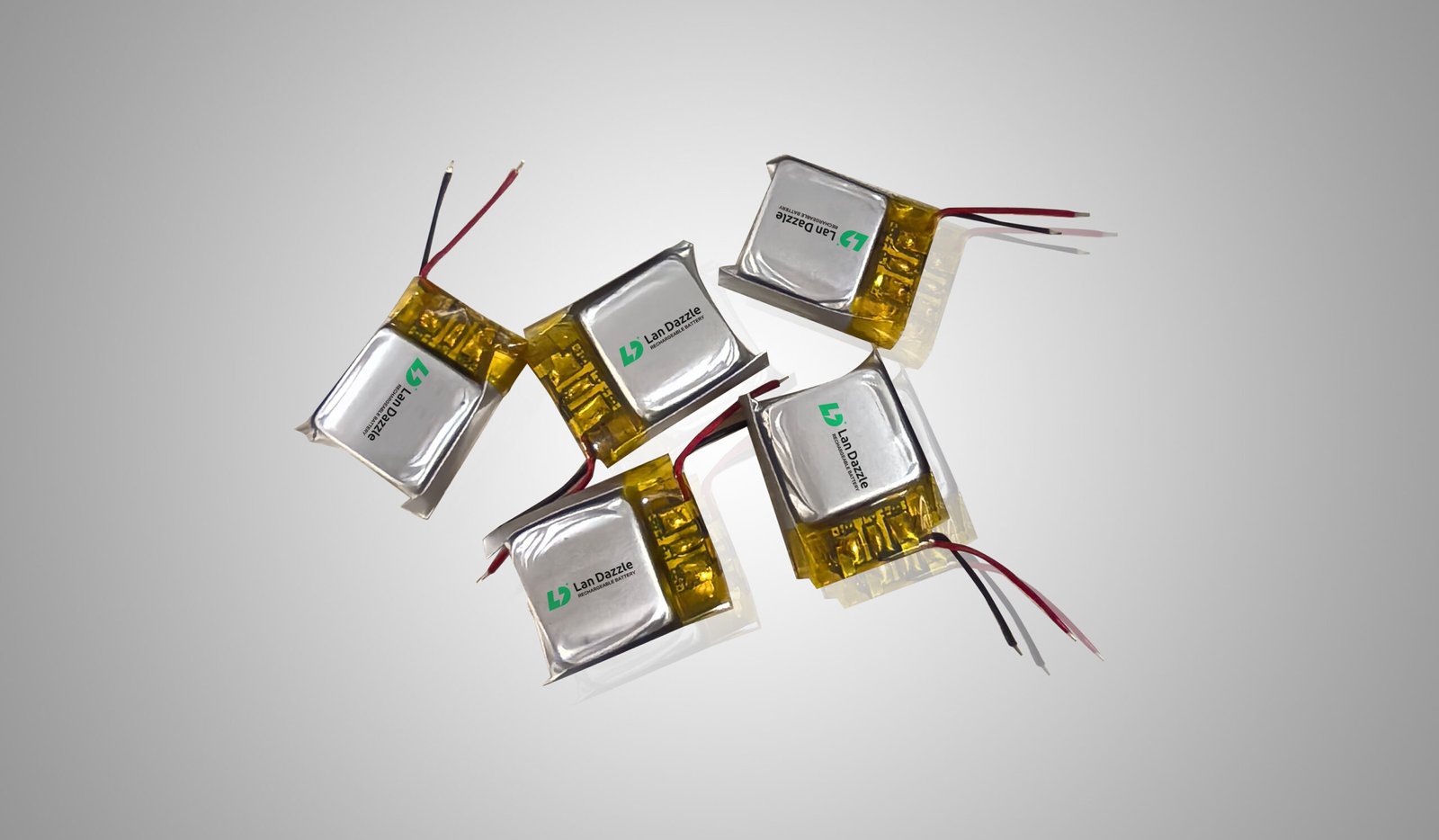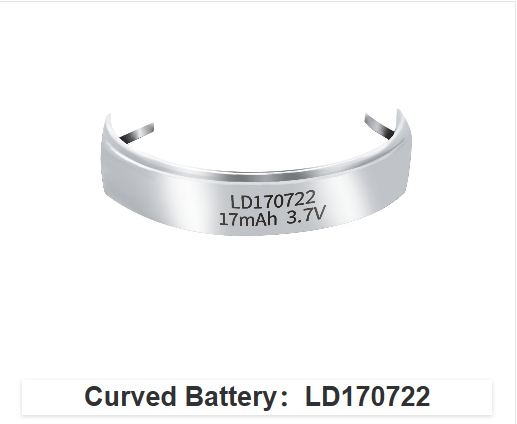Rechargeable hearing aids have become a game-changer for many individuals with hearing loss, offering a convenient and often more sustainable alternative to traditional disposable batteries. No more fumbling with tiny zinc-air cells or worrying about running out of power at inconvenient times. However, a common question among both new and experienced users is: How long do hearing aid batteries last?
This comprehensive guide will delve into the typical lifespan of rechargeable hearing aid batteries, the various factors that can influence their performance, and provide valuable tips on how to maximize their longevity. We will primarily focus on the most common type of rechargeable technology used in modern hearing aids: lithium-ion batteries.
Understanding Rechargeable Hearing Aid Batteries
The vast majority of today’s rechargeable hearing aids utilize lithium-ion batteries, the same technology found in smartphones and other portable electronic devices. These batteries are favored for their ability to hold a significant charge, offer consistent power output, and have a longer overall lifespan compared to older rechargeable technologies like nickel-metal hydride.
Rechargeable hearing aids are designed for daily use and are typically charged overnight. Users simply place their hearing aids into a dedicated charging station before going to bed, and by morning, they should be fully powered for the day ahead. The typical charging time for most models ranges from 3 to 5 hours to achieve a full charge. It’s important to note that while the core technology is similar, the battery capacity can vary between different hearing aid models and manufacturers. Premium or more powerful hearing aids might be equipped with larger capacity batteries to support their advanced features.
How Long Do Hearing Aid Batteries Last
On average, a fully charged set of rechargeable hearing aids using lithium-ion batteries can provide between 20 to 30 hours of continuous use. This is generally designed to cover a full day of typical activities for most users. However, it’s crucial to understand that this is an average, and the actual battery life you experience can fluctuate based on your individual usage patterns and the features you utilize. Some of the most advanced rechargeable hearing aid models, under specific conditions, might even boast battery life exceeding 50 hours.
While the goal is often a full day of power, it’s wise to consider your daily routine and hearing needs. If you have particularly long days or engage in activities that heavily rely on your hearing aids, you might find your battery depleting slightly faster than the average.
Factors Affecting Rechargeable Hearing Aid Battery Life
Several factors can significantly impact how long your rechargeable hearing aid batteries will last on a single charge:
- Hours of Daily Use: The most straightforward factor is the duration you wear your hearing aids each day. Naturally, using them for 16 hours will consume more battery than using them for 10 hours.
- Streaming and Wireless Features: Modern hearing aids often come equipped with Bluetooth connectivity, allowing users to stream phone calls, music, podcasts, and even TV audio directly to their devices. This wireless streaming is a significant drain on battery power. Heavy users of these features might notice their batteries depleting considerably faster than those who primarily use their hearing aids for basic amplification. For instance, an hour of continuous streaming can sometimes reduce battery life by several hours of regular use.
- Severity of Hearing Loss: Hearing aids designed for individuals with more severe hearing loss typically require more power to provide adequate amplification. This increased power demand can lead to a shorter battery life compared to hearing aids designed for mild to moderate hearing loss.
- Environmental Factors: Extreme temperatures can negatively affect the performance and lifespan of lithium-ion batteries. Exposing your hearing aids to very hot or very cold environments for extended periods can reduce their ability to hold a charge.
- Age and Health of the Batteries: Like all rechargeable batteries, those in your hearing aids will gradually degrade over time. With each charge and discharge cycle, the battery’s capacity to hold a full charge will slightly decrease. After 3-5 years, you might notice a significant reduction in battery life, indicating the need for replacement.
- Hearing Aid Settings and Features: Advanced features like sophisticated noise reduction algorithms, directional microphones that focus on specific sounds, and feedback cancellation systems all require processing power, which in turn consumes battery. Using more of these features can lead to a faster battery drain.
Maximizing the Battery Life of Your Rechargeable Hearing Aids
Fortunately, there are several steps you can take to optimize the battery life of your rechargeable hearing aids:
- Charge Fully Every Night: Make it a habit to place your hearing aids in their charging station every night before bed. This ensures they start each day with a full charge.
- Be Mindful of Streaming: While streaming offers great convenience, try to be conscious of how much you’re using it, especially if you need your hearing aids to last for a particularly long day. Consider using other methods for listening to audio if possible.
- Turn Off When Not in Use: If you take your hearing aids out for an extended period (e.g., while showering or swimming), turn them off if your model has an on/off switch. This prevents unnecessary battery drain. Some models automatically power down when placed in the charger.
- Store in a Cool, Dry Place: Avoid leaving your hearing aids in direct sunlight or in extremely hot or cold environments, such as a car on a summer day or near an air conditioner vent.
- Keep Charging Contacts Clean: Ensure the charging contacts on both your hearing aids and the charging station are clean and free of debris. This ensures a proper connection for efficient charging.
- Avoid Deep Discharges: While occasional full discharges might be okay, consistently letting your hearing aid batteries drain completely before recharging can potentially shorten their overall lifespan. Try to recharge them regularly.
When to Replace Rechargeable Hearing Aid Batteries
Rechargeable hearing aid batteries are designed to last for a significant period, typically between 3 to 5 years. However, this can vary depending on usage, charging habits, and environmental factors. You’ll likely need to consider replacement when you start noticing a significant decline in battery performance, such as:
- Your hearing aids no longer last a full day on a single charge, even with typical usage.
- You find yourself needing to charge your hearing aids multiple times a day.
- The battery life has noticeably shortened compared to when they were new.
- You experience inconsistent performance or unexpected shutdowns of your hearing aids.
When you suspect your rechargeable hearing aid batteries need replacing, it’s crucial to consult your audiologist or hearing healthcare professional. Unlike disposable batteries, the rechargeable batteries in most modern hearing aids are not user-replaceable and require professional expertise and specialized tools to change. Attempting to replace them yourself could damage your hearing aids.
Conclusion
Rechargeable hearing aids offer a fantastic blend of convenience and performance for individuals managing hearing loss. While their battery life typically ranges from 20 to 30 hours on a full charge, understanding the factors that influence this duration and adopting good usage and charging habits can help you maximize their longevity. By being mindful of your streaming habits, protecting your hearing aids from extreme temperatures, and seeking professional help when it’s time for a battery replacement, you can ensure your hearing aids consistently support your hearing needs throughout your daily life.
Lan Dazzle: Your Partner in Custom Hearing Aids Batteries
At Lan Dazzle, we are dedicated to providing hearing aid manufacturers with cutting-edge custom lithium battery solutions. We understand that every hearing aid design is unique, and our expertise lies in creating batteries of different shapes and sizes to meet your specific requirements. Our advanced manufacturing techniques and rigorous quality control measures ensure that our hearing aid rechargeable batteries are reliable, safe, and perform to the highest standards.
By partnering with Lan Dazzle, you gain access to a team of experts committed to providing innovative and cost-effective power solutions for your hearing aid devices. Contact us today at info@landazzle.com or visit landazzle.com to discuss your custom lithium battery needs and discover how we can help power your next generation of hearing aids.
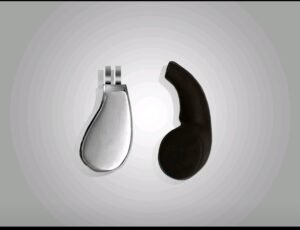
Frequently Asked Questions (FAQ)
- How long do rechargeable hearing aid batteries typically last on a full charge?Most rechargeable hearing aids with lithium-ion batteries offer between 20 to 30 hours of use on a full charge, though this can vary.
- How long does it take to fully charge rechargeable hearing aids?The typical charging time is around 3 to 5 hours to achieve a full charge when using the dedicated charging station.
- Will streaming music or phone calls drain my rechargeable hearing aid batteries faster?Yes, using Bluetooth for streaming audio or phone calls significantly increases the power consumption and will lead to a faster depletion of your hearing aid batteries.
- How often do I need to replace the rechargeable batteries in my hearing aids?Rechargeable hearing aid batteries typically last for 3 to 5 years, depending on usage and care. Consult your audiologist when you notice a significant decline in performance.
- Can I overcharge my rechargeable hearing aids if I leave them in the charger overnight?Most modern rechargeable hearing aid charging systems are designed to prevent overcharging. Once the batteries are full, the charging process usually stops. However, it’s always best to refer to your hearing aid manufacturer’s instructions.
- What can I do to make my rechargeable hearing aid batteries last longer?Fully charge them nightly, be mindful of excessive streaming, turn them off when not in use, store them in a cool, dry place, and keep the charging contacts clean.

